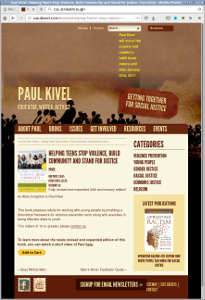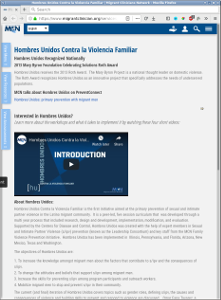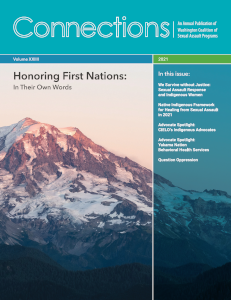Community sexual assault programs may receive inquiries from parents, caregivers, and professionals about how to understand and respond to children's sexual behaviors. It may be helpful to think about children's sexual behaviors as existing on a continuum — some sexual behaviors are healthy and normal, some are problematic, and others may become abusive. The resources below can help parents and professionals identify which behaviors are developmentally appropriate, which behaviors may be…
- Prevention
- Working With Survivors
- Accreditation
- Advocacy Areas
- Culturally Specific
- Legal Resources
- Management
- Medical Resources
- SA Protection Order
- Subpoenas
- Support Groups
- Tech Safety
- Resources
- Policy
- Training


